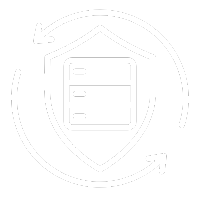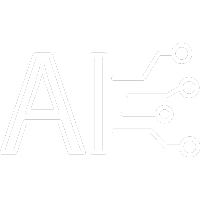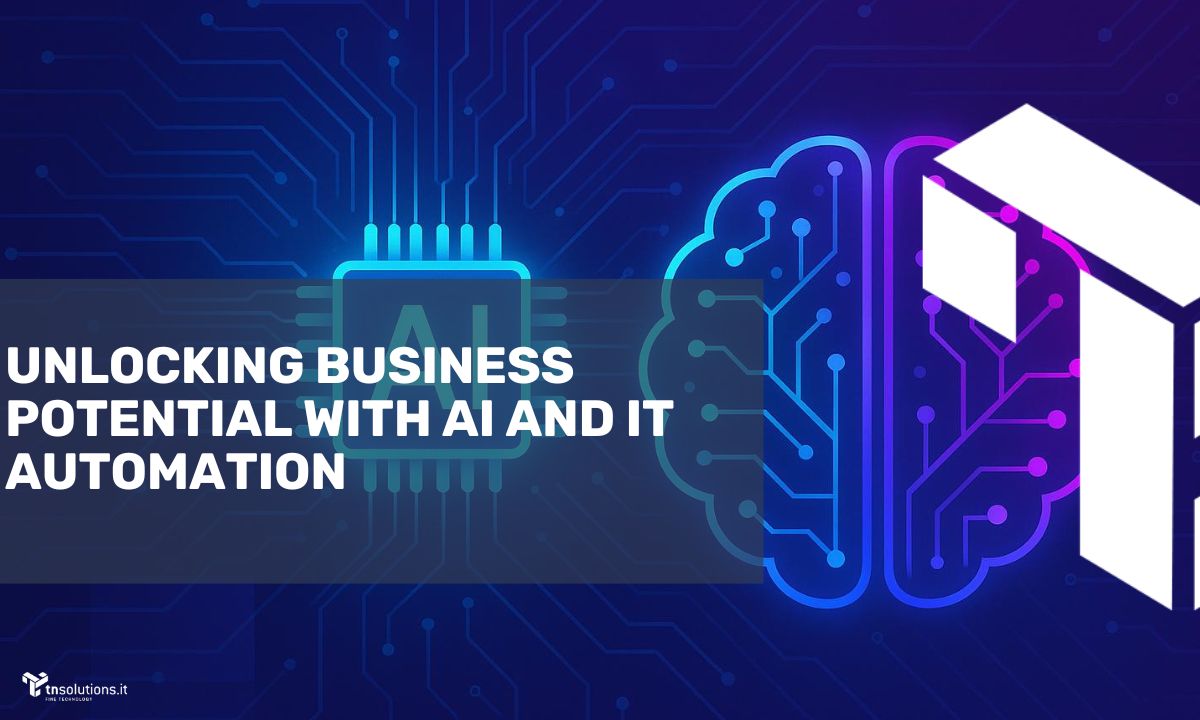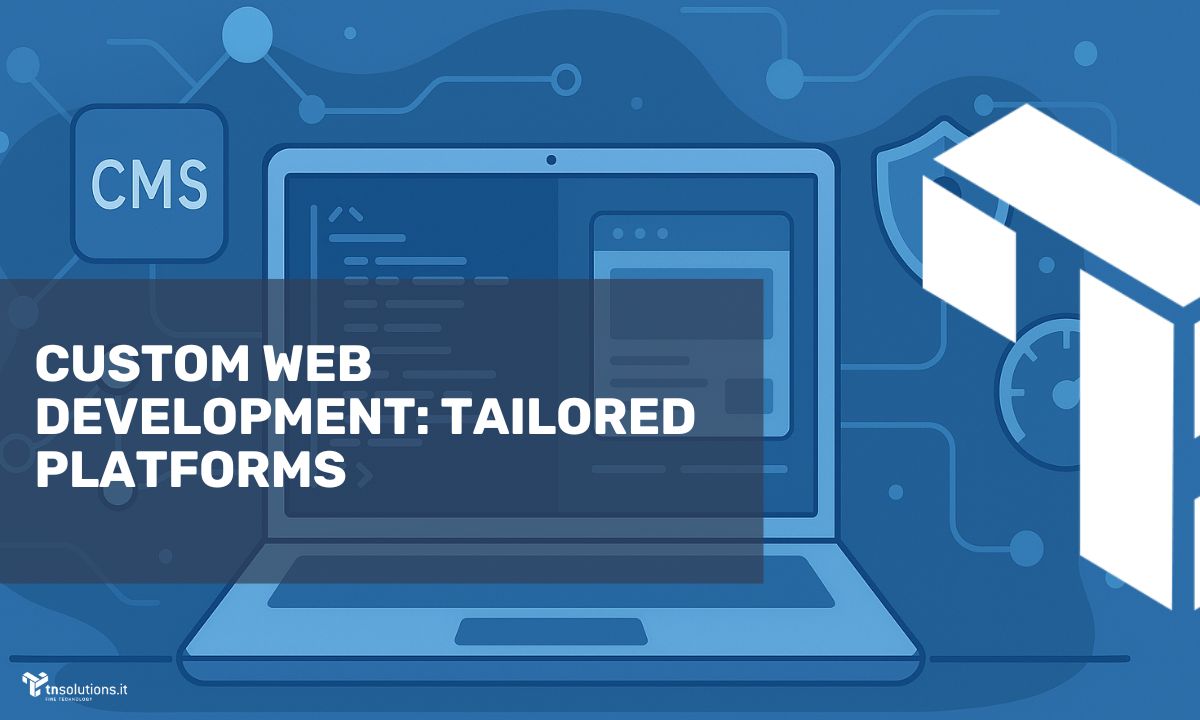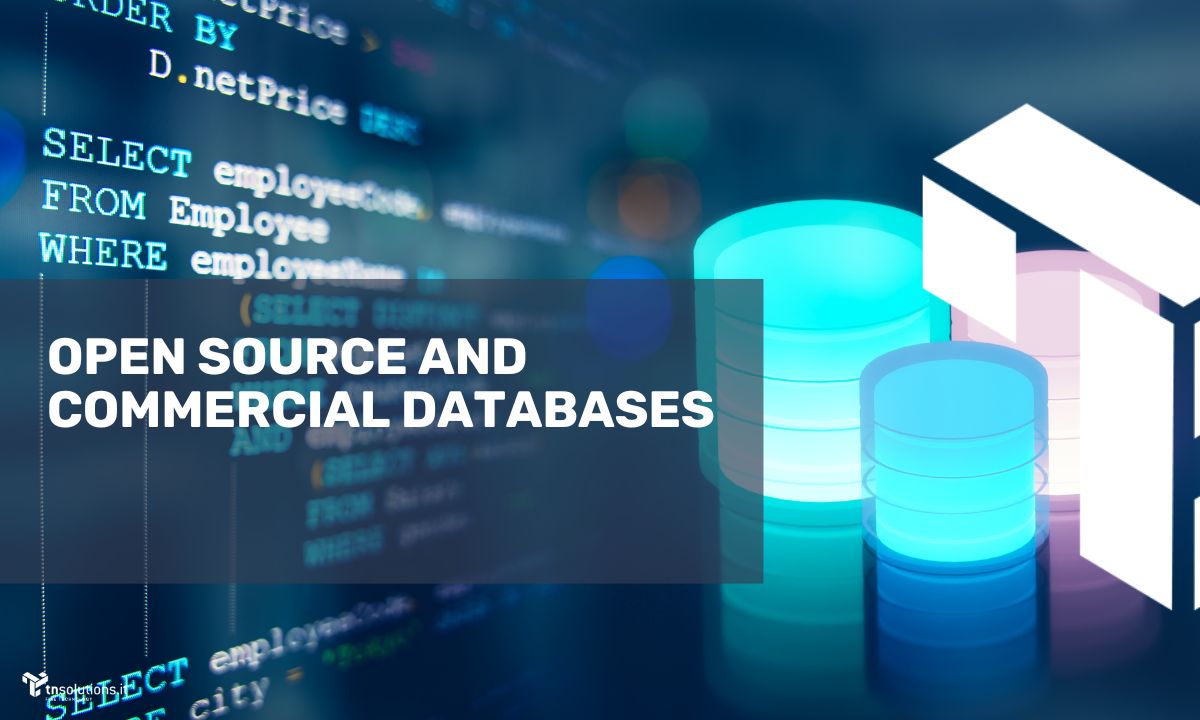
Choosing between a commercial database and an open-source one depends on your specific needs and available resources. There are numerous options, each with unique strengths and challenges. Below is a categorized list of what are generally considered the best databases.
The Best Open Source Databases
- MySQL
One of the most popular open-source databases worldwide, MySQL is valued for its ease of use, reliability, and scalability. It supports advanced features like data replication, ACID transactions, and query optimization. - PostgreSQL
Developed at UC Berkeley since 1986, PostgreSQL is known for its reliability, security, and flexibility. It offers advanced features like transaction management, data replication, and version control. - MongoDB
A NoSQL open-source database that uses a document-based data structure, MongoDB is recognized for its scalability, handling large data volumes, and flexibility. It also supports advanced features like geospatial indexing and data replication. - CouchDB
Another NoSQL open-source database with a document-based structure, CouchDB is noted for its ease of use and flexibility, along with data replication and version management capabilities. - MariaDB
A MySQL fork created by the original MySQL developers after its acquisition by Oracle, MariaDB is praised for its reliability, security, and scalability. It supports advanced features like transaction management and query optimization. - SQLite
Lightweight and easily embedded in desktop or mobile applications, SQLite is known for its speed and portability. It supports advanced features like foreign key indexing and data encryption. - Apache Cassandra
A NoSQL open-source database recognized for its scalability, Cassandra can manage large volumes of data distributed across multiple servers. It offers fault tolerance and high availability along with data replication and transaction management. - Neo4j
An open-source graph database adept at handling large volumes of interconnected data, Neo4j is frequently used for social networking, knowledge management, and product recommendation applications. It supports advanced features like pathfinding and flow simulation. - Redis
An open-source key-value store known for its speed and ability to manage large data sets in memory. Redis also supports data replication, transaction management, and geospatial indexing. - Apache HBase
An open-source NoSQL database using a column-based data structure, HBase is appreciated for its scalability and capability to handle large datasets distributed across multiple servers, along with data replication and transaction management.
The Best Commercial Databases
- Microsoft SQL Server
One of the most popular database services globally, Microsoft SQL Server allows for data storage, organization, and access from any device. It offers many advanced features, including stored procedures and robust transaction management. - Oracle Database
Known for its security, reliability, and scalability, Oracle Database is designed to manage large data volumes across various operating systems. It provides advanced features such as partitioned tables and advanced security systems. - MySQL
MySQL has a dual licensing model, available as both an open-source and a commercial database. The commercial version includes additional features and technical support from Oracle. - MongoDB
MongoDB also operates under a dual licensing model, offering both open-source and commercial versions, with the commercial version providing additional features like geospatial indexing. - Amazon RDS
Amazon Relational Database Service (RDS) is a managed cloud-based database service that simplifies database instance creation and management, offering scalability and advanced performance monitoring features. - Google Cloud SQL
A managed cloud database service from Google Cloud Platform, Cloud SQL supports various database engines like MySQL and PostgreSQL and provides automatic backups and advanced monitoring features. - IBM DB2
Developed by IBM, DB2 is a relational database service that supports various operating systems and offers advanced data management features, including complex indexing and data analytics.

Open Source vs. Commercial Databases
The answer depends on your requirements!
Commercial databases are typically sold by companies providing support, updates, and security services. These databases are often reliable and scalable but can be expensive to purchase and maintain.
On the other hand, open-source databases are free and available for anyone to download and use. They tend to be less costly to manage but may require more time and expertise to set up and maintain effectively.
Many open-source databases also have active developer communities that contribute to improvements and troubleshooting, although they may not offer the same level of technical support and security as commercial databases.
Generally, if you prioritize reliability and comprehensive technical support, a commercial database may be preferable. However, if you’re willing to invest time and resources in configuration and maintenance, an open-source database might be a cost-effective choice.
Before selecting a commercial database service, consider important factors like availability, scalability, security, and usability. For instance, if a company anticipates rapid data growth, it should seek a database service that supports horizontal scalability, allowing easy addition of new nodes to the cluster to handle workload demands.
Your Solution at Your Fingertips!
If you need more information or assistance regarding databases or any other IT support, feel free to contact TnSolutions.it without obligation. Our technicians are ready to assist you!
Our team will provide all the support you need, leveraging their expertise and experience. Write to us at assistenza@tnsolutions.it or call us at +39 02-9517550.



